Built to Last: Patagonia’s Sustainable Fashion
Global sportswear brand Patagonia are passionate about the great outdoors, and the role we play within it. On the one hand, their clothes are tough, durable and built to last, designed to withstand the wildest and most remote adventures the planet has to offer. But Patagonia are also deeply aware of the destructive impact clothing production has had on the world so far, and they have made it their mission to create garments in the most ecologically aware and sustainable ways. From the outset, Patagonia’s founder, the alpinist, environmentalist and explorer Yvon Chouinard, set about establishing a clothing brand with a difference – one that was dedicated to caring for its employees, its garments, and the environment. That’s why they came up with their tagline: “Buy less. Buy used. Repair. Demand more.”
When Chouinard first established Patagonia in California in 1973, he knew from the outset that he wanted to build a fashion brand with a difference. He was aware of how destructive the industry could be, and he made it a life’s mission to turn around the nature of clothing production so it could be less harmful and wasteful. He said, “Everything we personally own that’s made, sold, shipped, stored, cleaned, and ultimately thrown away does some environmental harm every step of the way, harm that we’re either directly responsible for or is done on our behalf.”
As Patagonia expanded into a global brand, Chouinard held on to his core belief that his company’s clothing should be made in an ecologically aware way. In his memoir, Let My People Go Surfing: The Education of a Reluctant Businessman, published in 2006, Chouinard outlined the challenges he has faced while building up a successful business, and his desire to avoid turning into a destructive or damaging empire. He writes, “… business … has to take the majority of the blame for being the enemy of nature, for destroying native cultures… and for poisoning the earth with the effluent from its factories. Yet business can [also] produce food, cure disease… employ people, and generally enrich our lives.”
Today, Patagonia only works with high-quality renewable or recycled raw materials that are designed to last forever. They work with a variety of natural, organically sourced materials including cotton, wool, rubber and down that are grown in ethically responsible ways, with no pesticides or fertilisers, on land that has not been cleared by deforestation. The company are currently exploring the creative possibilities of hemp, which is known for having a low impact on the environment. When they do make synthetic fabrics, including nylon and polyester, they are made from durable recycled materials. Patagonia’s garments are made in Fair Trade Certified companies, and they pay a premium to the garment factories to ensure the fair treatment of their staff. In order to maintain these practices, Patagonia are members of the Sustainable Apparel Coalition. Chouinard is also co-founder of 1% for the Planet, a company that encourages businesses to donate 1% of their profits to the preservation of nature.
In contrast with many fashion houses, Patagonia actively encourage their customers to buy less, through cleverly worded marketing campaigns featuring slogans like, “Don’t’ buy this jacket”, and instead to make the most of the items they already own. They offer a lifetime repair guarantee on all their garments, and even offer DIY tutorials on their website, showing how to repair damaged clothing at home, “Because keeping good gear going, and out of landfill, is awesome!” In their ‘Worn Wear’ programme, Patagonia goes a stage further, buying back worn items from customers, and reselling them second-hand on their website. With all these activities in mind, it is Patagonia’s goal to be completely carbon neutral by 2025, through a gradual process of refinement and simplification. But Chouinard notes how challenging it can be to combat the consumerist practices of capitalism, writing, “The hardest thing in the world is to simplify your life; it’s so easy to make it complex.”
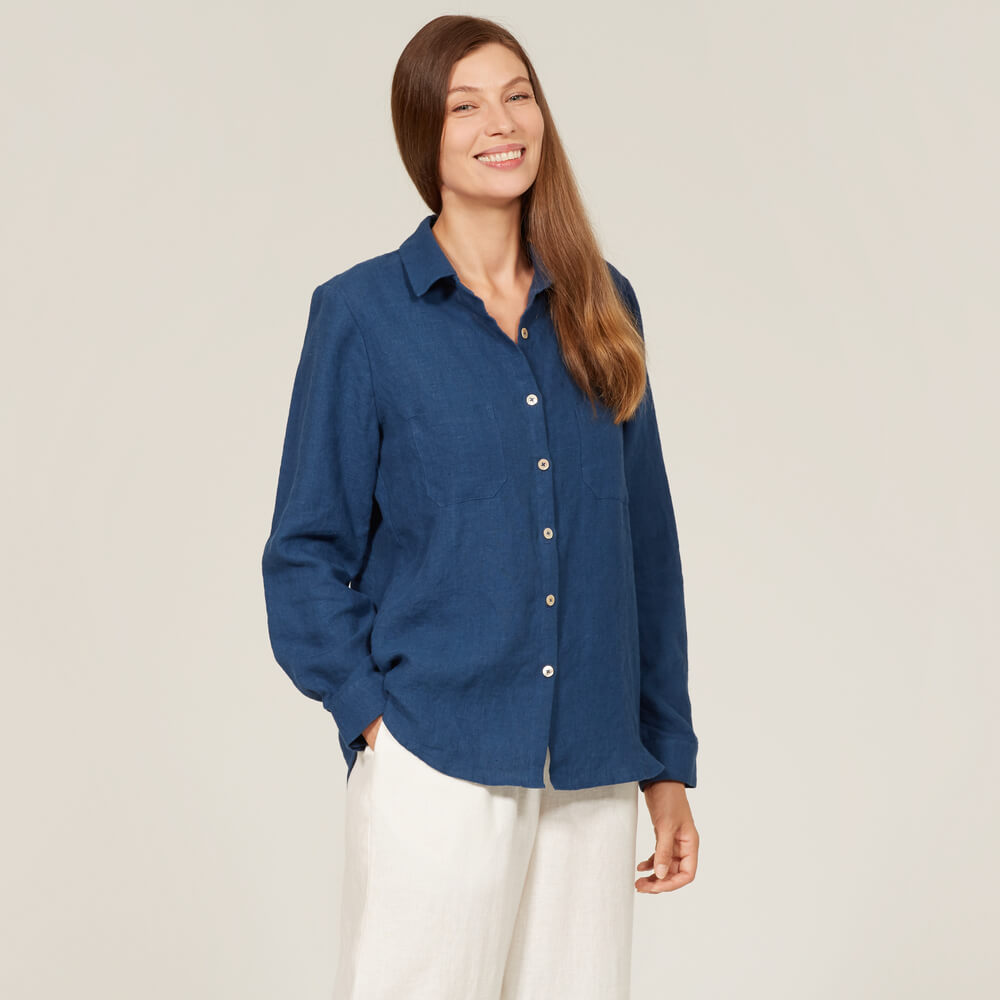

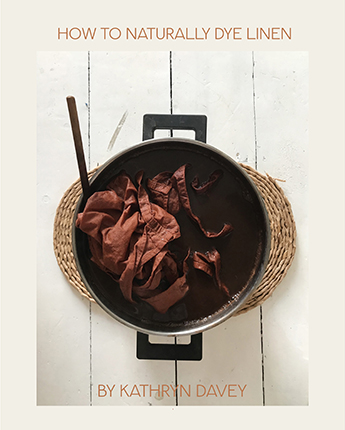
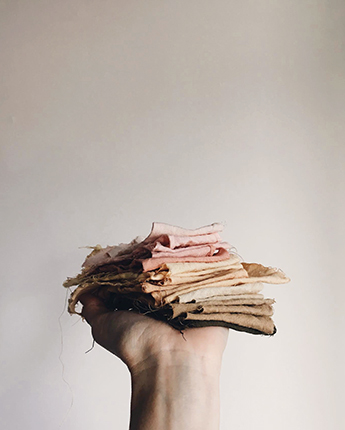

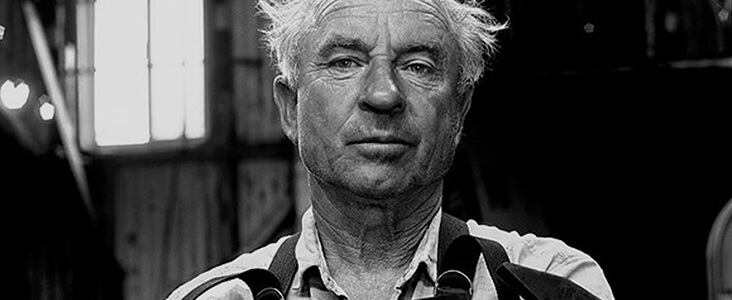
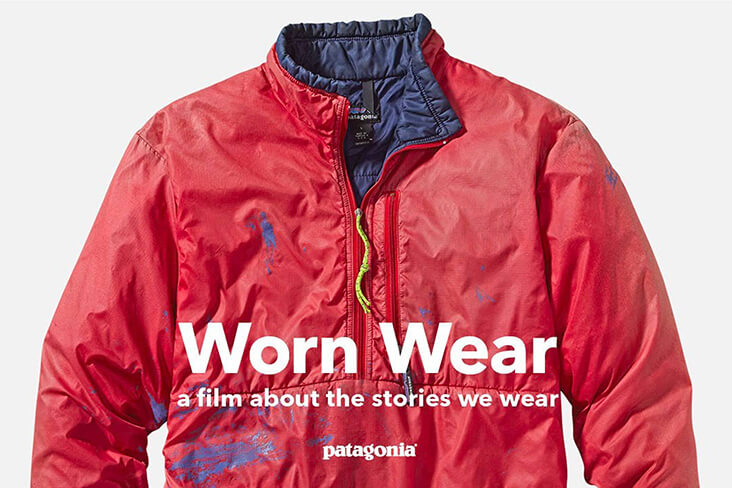
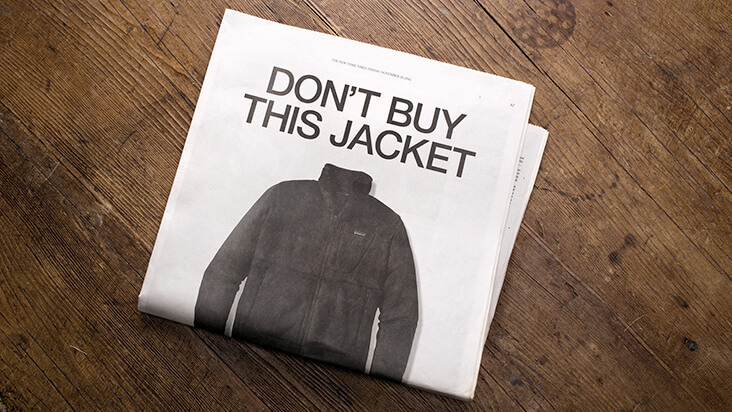
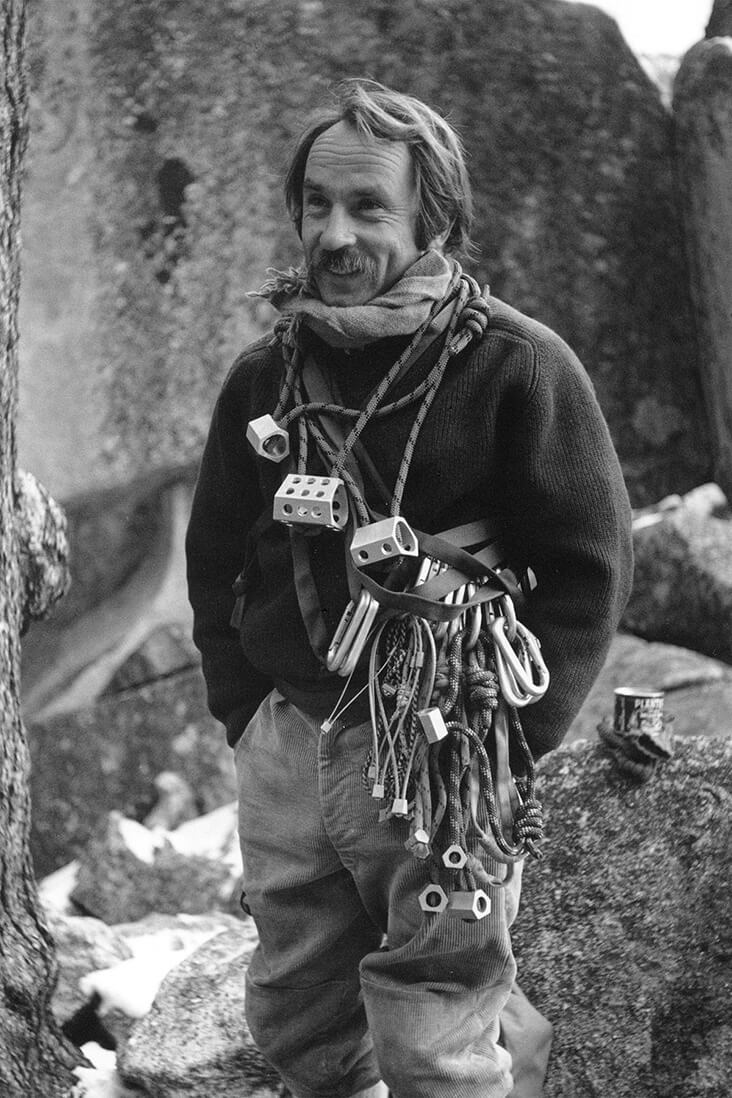
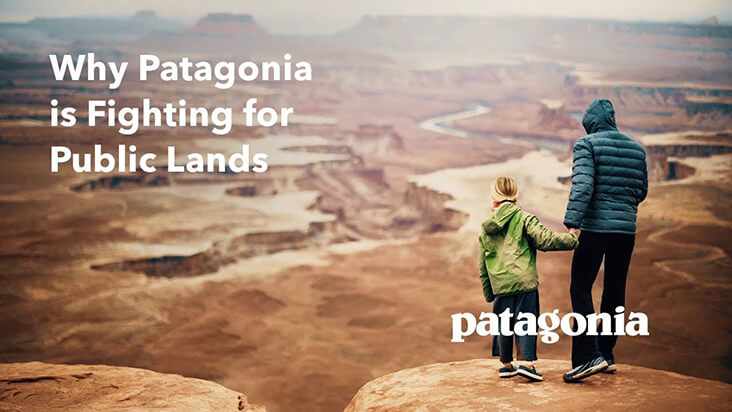
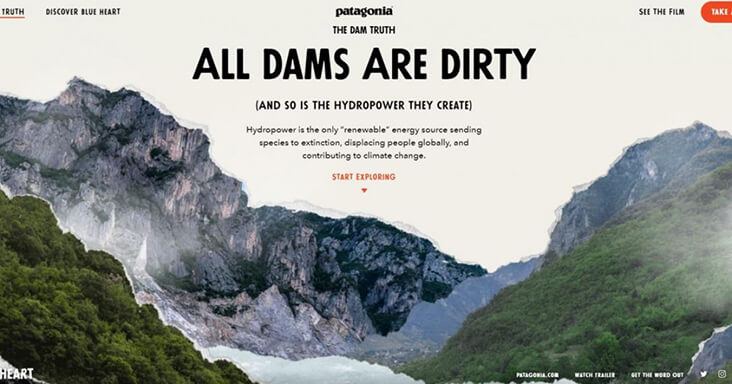



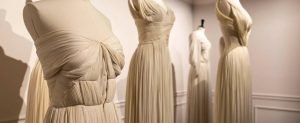
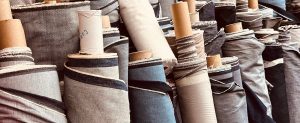
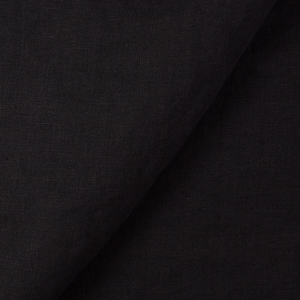

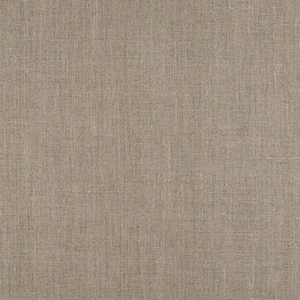
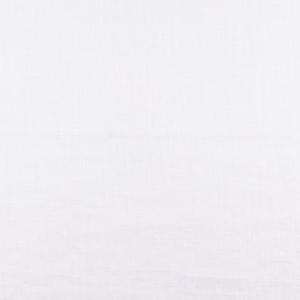
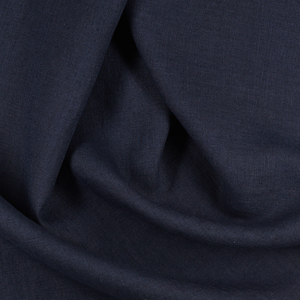
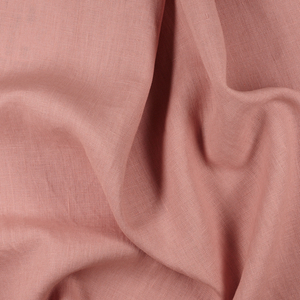
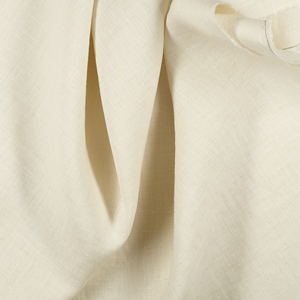
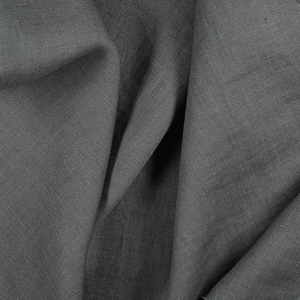

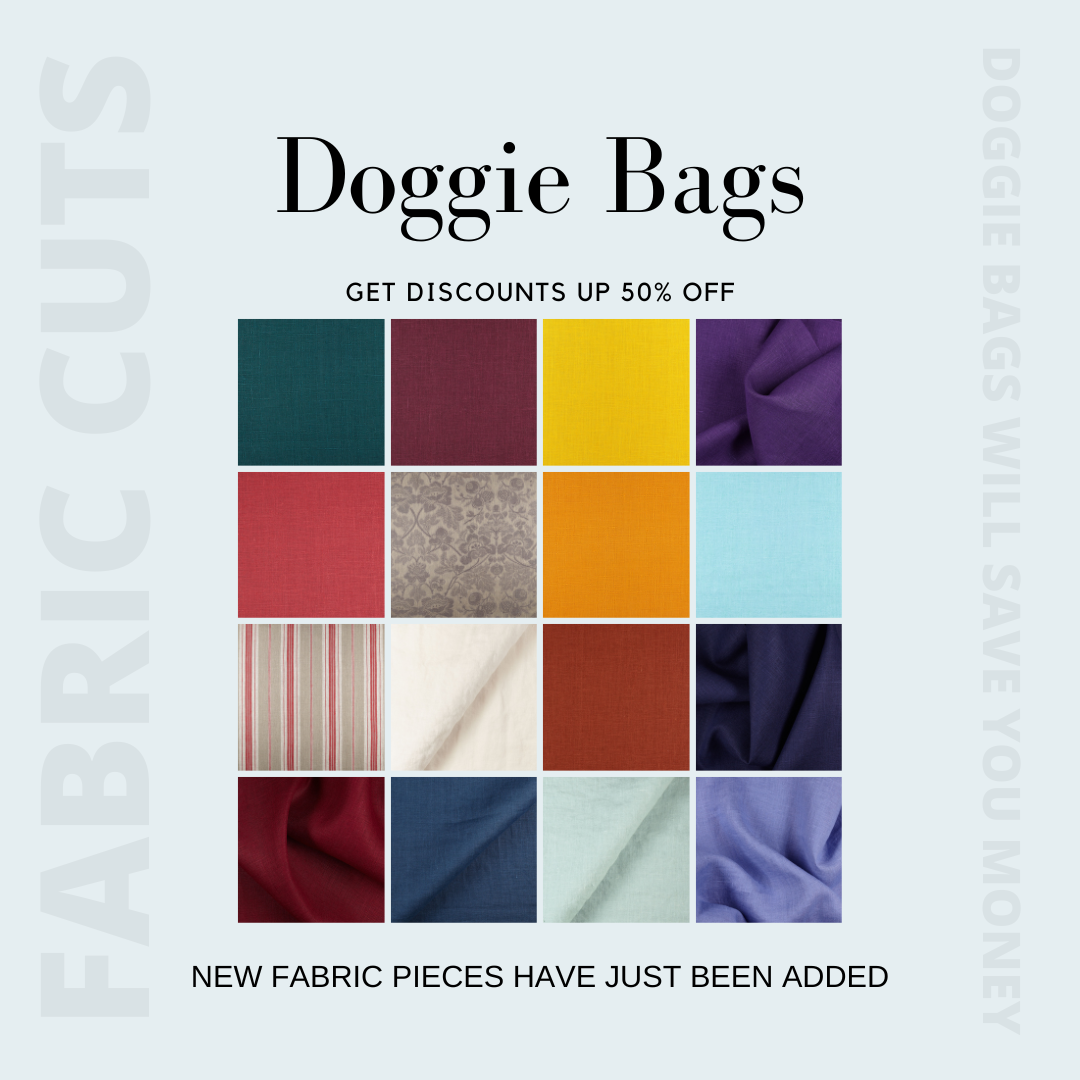
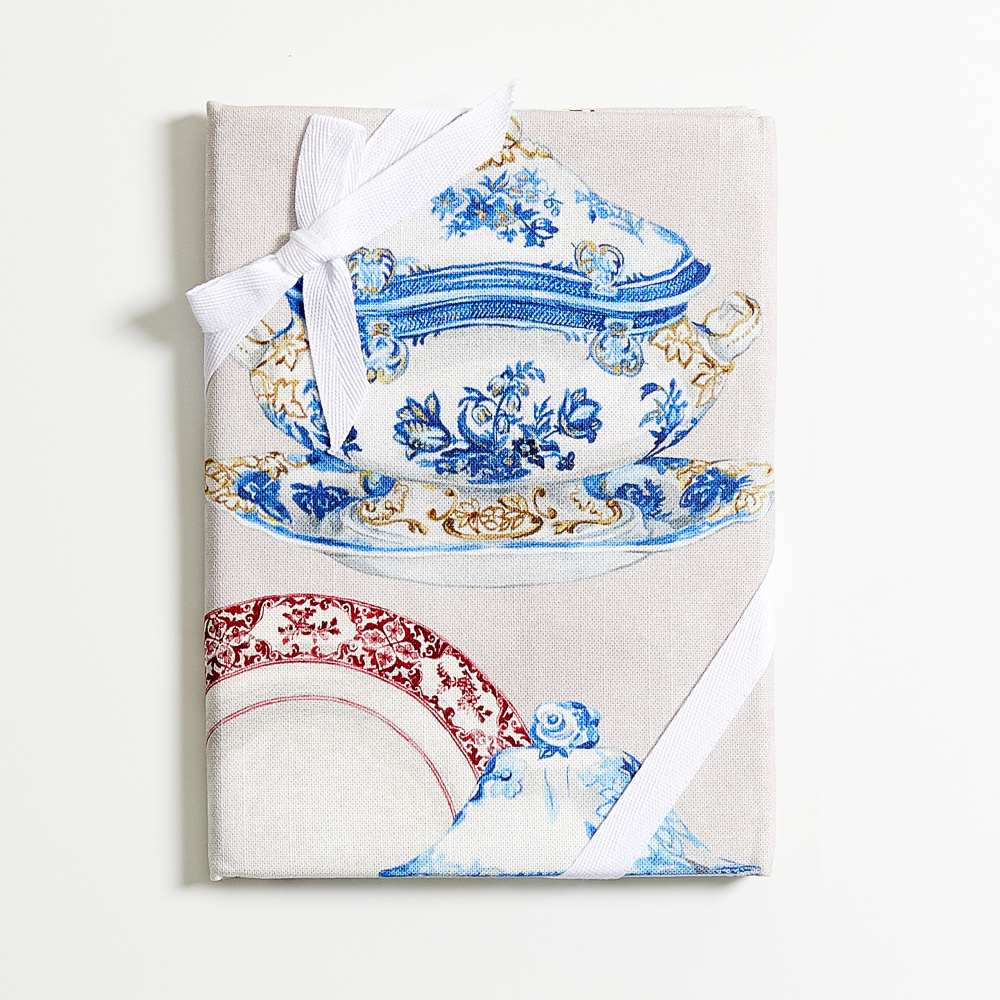




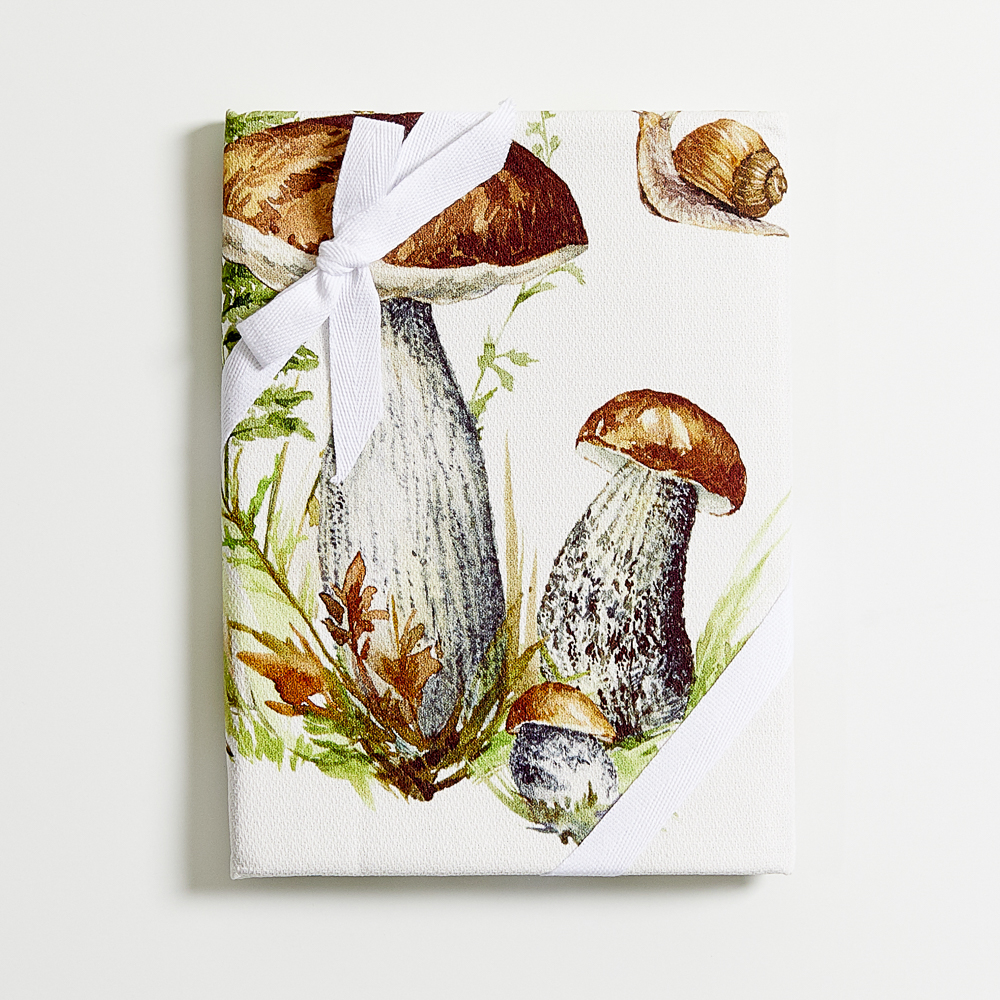


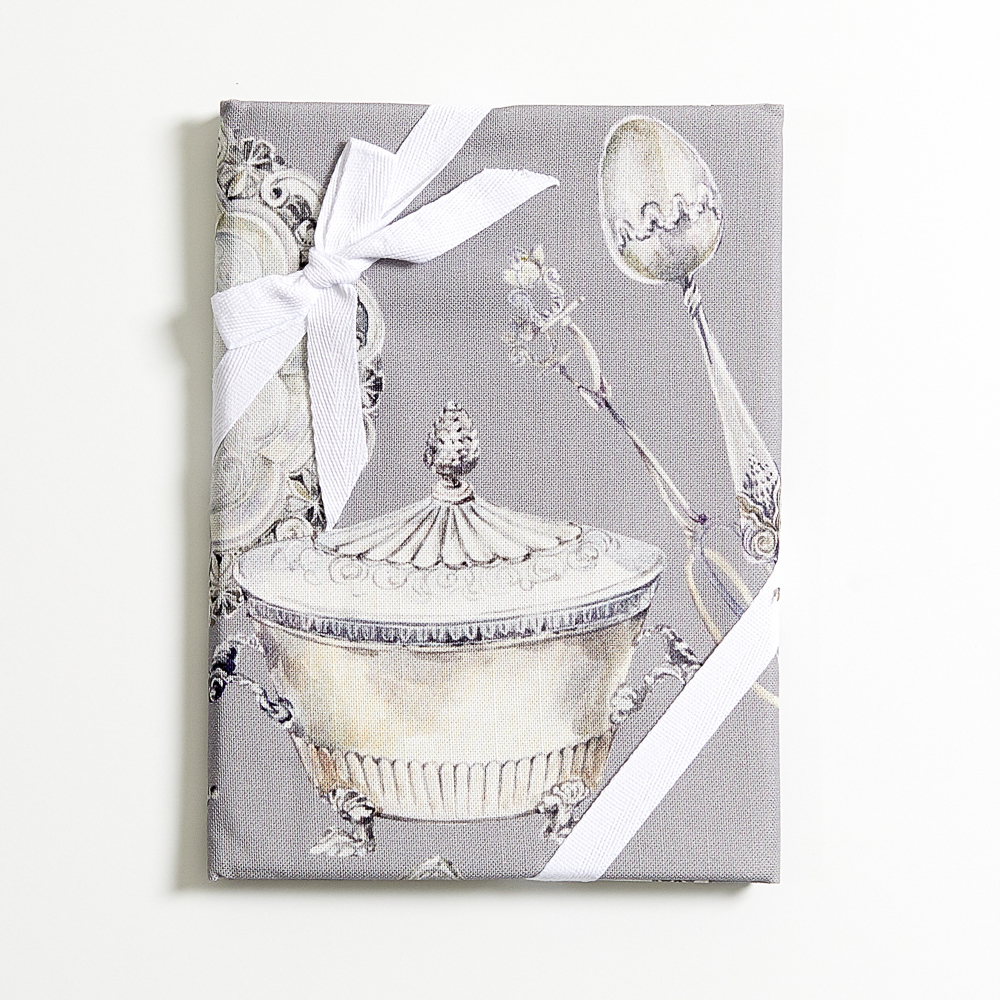

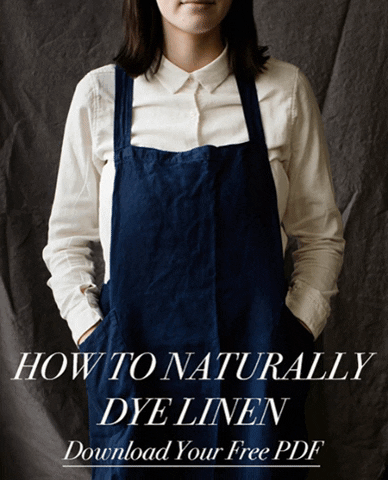
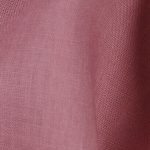
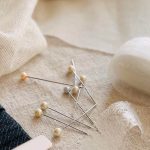
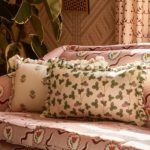
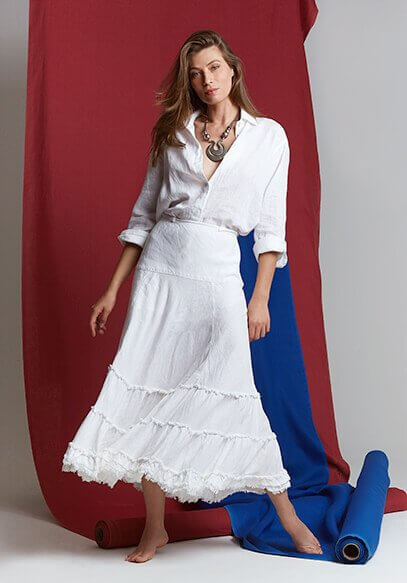
9 Comments
Pingback:
Ethical Fashion Brands For Women and What To Look Out For » NGTIMES - BLOGJehanne Hansen
WE need for these ideas and elements to be made widely available to the masses of population and to become more the norm and the standard., rather than for a few. It is going to take some re education of the public to create an appreciation for paying more upfront for better quality items. America wants “cheap” above most other qualities. We have been lured into this false sense of value with the deluge of cheap factory clothing that we are currently suffocating under.
We all need to take a second and deeper look at our consuming habits and we need to consume less. Just as important as is building a better and more sustainable product is the curbing of excess and often frivolous consuming of too many things.
Years ago houses were built with small closets. Now many have huge spaces and big closets to store lots of clothes.
Linda Metzger
Whatever we can do to buy less and buy sustainable is going to help. To use something as long as possible and then pass on to someone else who will continue to use it should be our goal. Buying less will probably be the biggest challenge. Most of what we donate to charitable organizations will still wind up in a land fill so choose wisely, take care of, use as long as possible. Try to personally pass it on first to someone we know who will use it in the same way…………… Minimize our disposal.
Christina Daily
A few things!
Rosie, You do such interesting pieces. I love that linen is not just for sale here… that there are provcative and fascinating articles that have to do with fabric, gaments, innovation. Thank you for keeping this interesting.
I agree that Patagonia the brand, is expensive and their products lean towards a certain body type, however, that their production, emp,loyee care, and philosophy are aligned with caring for the earth, is perhaps of higher value. If more companies cared like Chouinard does, to except the challenge of the garment industry to be earth conscience and to help champion for sustainable industry, we would be far closer to combating climate change.
Nancy Solla
I recently purchased two pairs of shorts through Patagonia’s Worn Wear program. You could barely tell they had been worn, and they were a fraction of the original price, making them affordable to me for the first time in my adult life. Let’s face it; sustainable practices do make things cost more, especially if we’re talking about paying factory workers a livable wage. I believe in rewarding good behavior when I see a company working very hard to do the right thing. Worn Wear gives me the opportunity to do just that, within my budget. My grandparents lived through the Depression and the shortages of World War II. They taught me to “Use it up, wear it out, make it do, or do without.” They also taught me to “Make Do and Mend.” Patagonia’s values are directly in line with my own, and they have been doing this for decades longer than the many companies that have recently appeared. Through Worn Wear, I get to wear out 2 pairs of well-made shorts that I know were made as ethically and sustainably as possible. I can’t say that about all the ready-to-wear clothing in my closet.
Deanna Sommers
With all due respect for Patagonia, et.al., they market a specialized product to affluent customers. Virtue signaling is quite insulting.
Kathy Lyons
Linguist David Shariatmadari argued in The Guardian that the very act of accusing someone of virtue signalling is an act of virtue signalling in itself.
Carolyn Wallace
I live in Seattle, where lots of people buy and wear outdoor gear regularly, not just for recreational activities. REI was started here., though it now has stores all over the U.S. I have REI clothing that’s over 15 years old, as best I remember, and it’s still doing fine. It wasn’t cheap, but it was worth it.
I don’t like the term ‘virtue signalling’ because I think it’s used as a judgment and as a way to silence someone else and not permit any discussion. There’s enough of that already. There are other ways to state an opinion.
Corinne Skulmoski
I buy organic material from an American company called Alabama Chanin, for my sewing projects. The cotton is organically grown, dyed & spun in the USA. The owner Natalie has collaborated with Patagonia making down scarves & wraps from their clothing products that have reached the end of the line. They are really beautiful. Two companies with the same brilliant ideas that make their sustainable business models work.